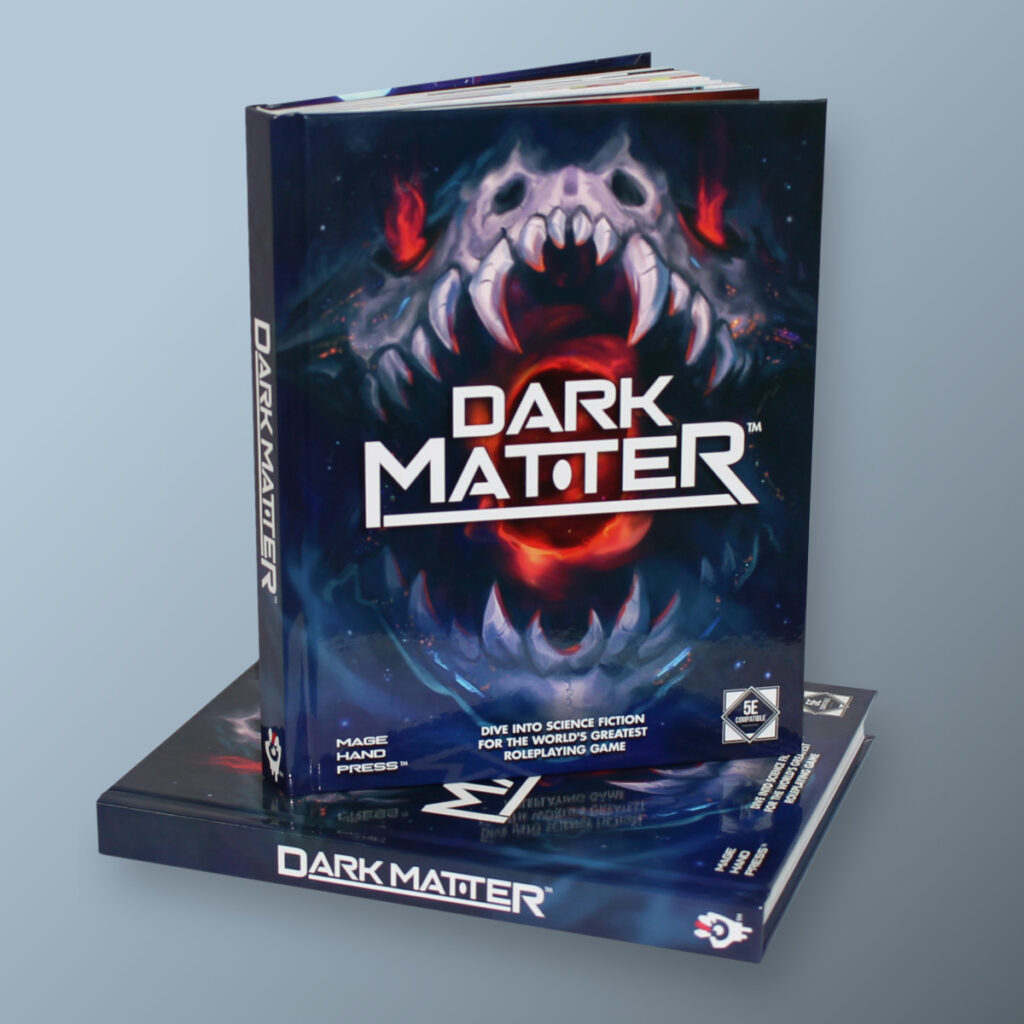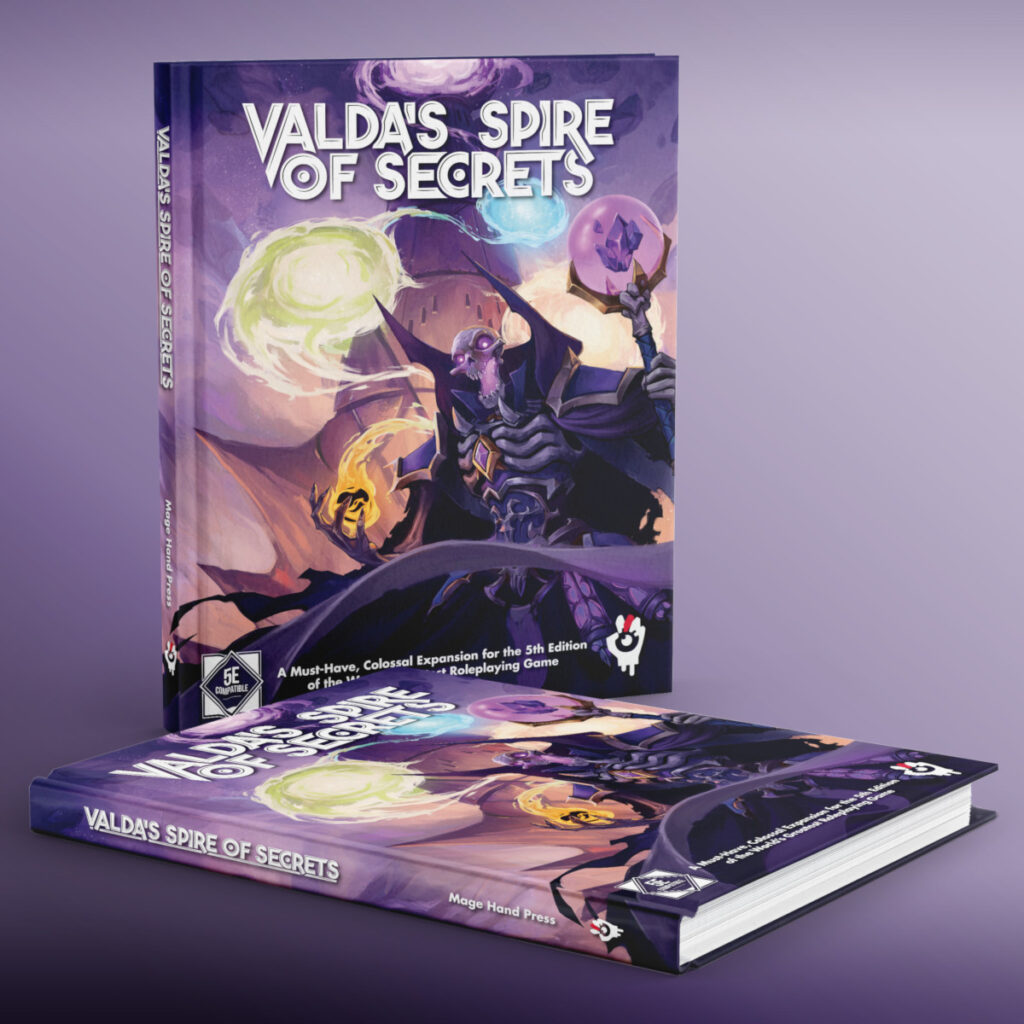*An editorial by the Thumb*
Comments from the Thumb: This article expresses my own personal opinion and doesn’t necessarily represent an official explanation of ability scores or the opinions of the other Digits.
Ability Scores: You’re Doing Them Wrong
Let’s talk about ability scores. We all know them. Strength, Dexterity, Constitution, Intelligence, Wisdom, and Charisma. The first three are pretty self-explanatory, so we’ll skip those for now. It’s the last three, the so-called mental ability scores, that I see people time and time again getting into a tizzy over. Today we’re gonna talk about what exactly each of these scores means and settle the confusion once and for all. If you’ve been around the block a few times, you may’ve seen other articles, threads, or videos explaining what I’m about to tell you. If not, read on!
Intelligence
We’ll start with Intelligence. This one’s pretty straightforward. Your Intelligence score is a measure of how smart you are. You use Intelligence to think and reason. Creatures need a certain level of intelligence to be sapient (usually at least INT 5) and anything below that denotes a creature with a more primitive mind (such as an animal), all the way down to INT 1, which denotes a creature whose mind is dominated by instinct and little else (oozes are a great example of this).
You might use Intelligence to recall (or deduce) a piece of information about a particular subject (like history or arcana), or to determine the wisdom (I know, confusing names) of a course of action. You might also use it to provide clues to a riddle or puzzle that you, as a player, can’t figure out. Essentially, everything that involves critical thinking uses Intelligence.
Intelligence is also the casting ability for spellcasters that rely on magical formulae and practice to learn spells, such as wizards. A wizard has no special skill set aside from being particularly smart and well-read in the area of magic, and when they prepare spells they memorize a certain number from their spellbook. The smarter a wizard is, the more they can memorize. Some casters that use Intelligence, such as the eldritch knight, choose to permanently memorize a smaller list of spells instead of carrying a spellbook.
Wisdom
Next comes Wisdom, an oft-confused ability score. First thing you need to know: Wisdom is a stupid name for this ability score. I’ve often heard people use this simplified (and incorrect) explanation: Intelligence covers higher thinking and Wisdom covers pretty much everything else except social skills, which are covered by Charisma. I think this misconception stems from D&D 3.5’s saving throws. In 3.5, there were only three saving throws, each tied to an ability score. They were Fortitude (tied to Constitution), Reflex (tied to Dexterity), and Will (tied to Wisdom). Will saves were required from almost every mind-affecting spell in the book. The name implies that you make the save with, yes, a force of will. This is (in my own opinion, anyway) blatantly wrong, and I’ll explain why when we get to Charisma.
Simply put, Wisdom governs your perception. Not just your senses, but your intuition, your instinct, your general awareness of the world as it truly is. You use Wisdom to notice things in your environment like hidden traps or a particular person in a crowd, but you also use it to tell when people are lying or see patterns in seemingly random events, among other things. When a spell calls for a Wisdom saving throw, it’s not asking you to use your pure willpower to overcome the spell. It’s asking whether you notice the spell being cast on you. If you succeed on a wisdom spell against, let’s say, charm person, you aren’t throwing off the shackles of magic. You’re realizing, “Oh, I don’t actually like that guy, I must have been charmed!”
Wisdom is the casting ability for spellcasters like clerics, druids, and rangers, and the ability monks use to channel ki. They cast with Wisdom because their magic comes from their awareness, their connection with their god or with nature or with whatever makes monks magic. A Wisdom caster’s magic is bestowed upon them by that source. The more in-tune they are with it, the stronger their magic is. This is also why clerics and druids get access to all spells on their list, rather than keeping a spellbook. Preparing spells for them is basically praying for the knowledge of their casting to be bestowed upon them for the day. As far as I can tell, monks literally use the Force, but if you know much Star Wars lore, you’ll recognize that that requires Wisdom as well.
Charisma
Now onto Charisma, the most misunderstood of the ability scores. Most casual players will tell you that Charisma is the measure of your personality and ability to interact with others. Well, yes and no. While it is true that Charisma governs your people skills, it’s so much more than that. Because hey, 3.5? It’s actually Charisma that governs your willpower. That’s right, Charisma is a measure of how mentally strong you are and how independent and confident your personality is. A more fitting name would be Stubbornness but I can see why Charisma has a better ring to it. Charisma is the single most varied ability score, because it can affect everything from how good you are at entertaining an audience to how good you are at lying to how scary (or friendly) you are. But beyond all that interaction stuff is the way Charisma interacts with magic, which is the primary reason for this entire theory. When a spell calls for a Charisma saving throw, this is where you are using your mental fortitude to throw off some debilitating effect. Unfortunately, there aren’t too many spells or abilities that call for Charisma saves, and many spells that should do this instead call for Wisdom saves for some reason.
Charisma is the casting ability for spellcasters like bards, paladins, sorcerers, and warlocks. But if you go with the layman’s definition, that makes no sense. How can being likeable or persuasive help you cast spells? Once again, Charisma is incredibly varied in how it works. A bard learns to use their performance skills to influence the weave of magic, literally singing, dancing, or playing their spells to life. A paladin uses their sense of purpose, their conviction in the tenets that they live by, to fuel magic bestowed upon them by some divine power. That’s why if a paladin breaks one of their oaths, they lose their powers. A sorcerer is born with an innate ability to use magic, and can use it by simply willing it to happen. A warlock makes a bargain with a powerful entity from whom they get magic, and similar to a sorcerer, they will the magic to happen.
Wrapping It All Up
Now comes the part where I tell you why you should care. Understanding the nuances of ability scores can strengthen your roleplaying and make you a better player and DM. As a player, being able to play your character true to their stats makes the immersion that much stronger and avoids DM/player disputes. As a DM, you are prepared if a situation involving these ability scores comes up that isn’t covered in the rules. Understanding the intent of the rules that are there goes a long way in allowing you to make a ruling on the issue.
Of course, that’s the beauty of tabletop games. Ultimately, what the players can and can’t do is the DM’s decision, and your interpretation of the rules is essentially law.
Well, as long as you’re the DM.



